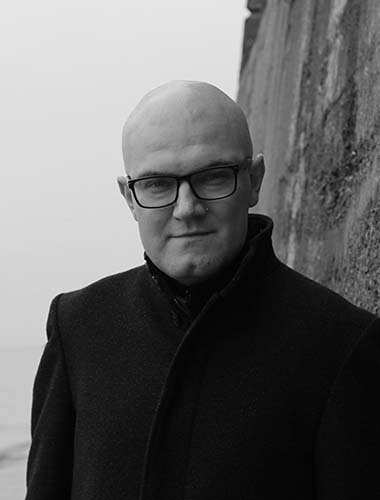Professor Martin Paul Eve
Professor of Literature, Technology and Publishing
Education, Public and Third Sector

Martin Paul Eve is Professor of Literature, Technology and Publishing at Birkbeck, University of London. At age 19, during his undergraduate degree, Martin developed rheumatoid arthritis and vasculitis, leading to a stroke, innumerable hospitalisations due to immunocompromise, and sensorineural hearing loss.
Martin is now among the most successful academics in his field, described as “one of the most brilliant scholars of his generation”. Appointed as the youngest full Professor of English in the UK in 2016, before the age of 30, just three years after his Ph.D., Martin has uncompromisingly devoted his academic career to the accessibility of humanities scholarship. He is the founder of the Open Library of Humanities, a major award-winning publisher of academic work in the humanities disciplines, specialising in making research free to read. He is the author of nine significant academic books, all of which are free to download, with print royalties going to Versus Arthritis. He is considered an international expert on open access to academic research and has advised UK and overseas government panels.
Martin has received several awards for his work. He is a recipient of the prestigious Philip Leverhulme Prize, he was awarded the KU Leuven Medal of Honour in the Humanities and Social Sciences, is a joint winner of the Electronic Literature Organization’s N. Katherine Hayles Award, and he is a Fellow of the English Association. He continues to work, at his university, to ensure equality and diversity for all, co-leading the Staff Disability Network.
“The barriers faced by disabled people in accessing higher education remain enormous. Writing a Ph.D. thesis while on immunosuppressive IV drips taught me painful lessons about the inaccessibility of research library spaces. I decided that, in my academic career, I would strive to undo this culture and refuse to be an agent of exclusion. It has made me many enemies. Despite containing some of the brightest people on the planet, academia is very resistant to change. I continue to advocate for digital access to research, in all disciplines, to advance access to higher education, for everyone.”
